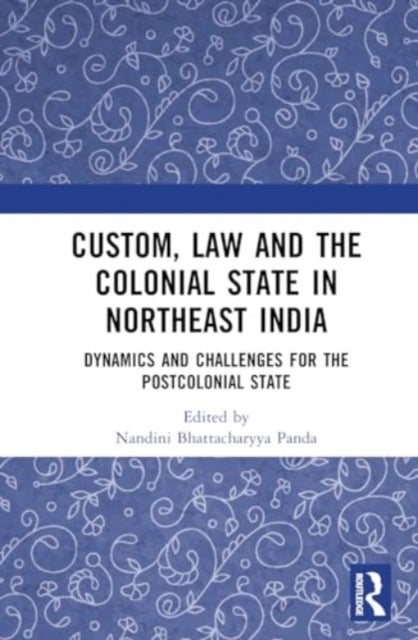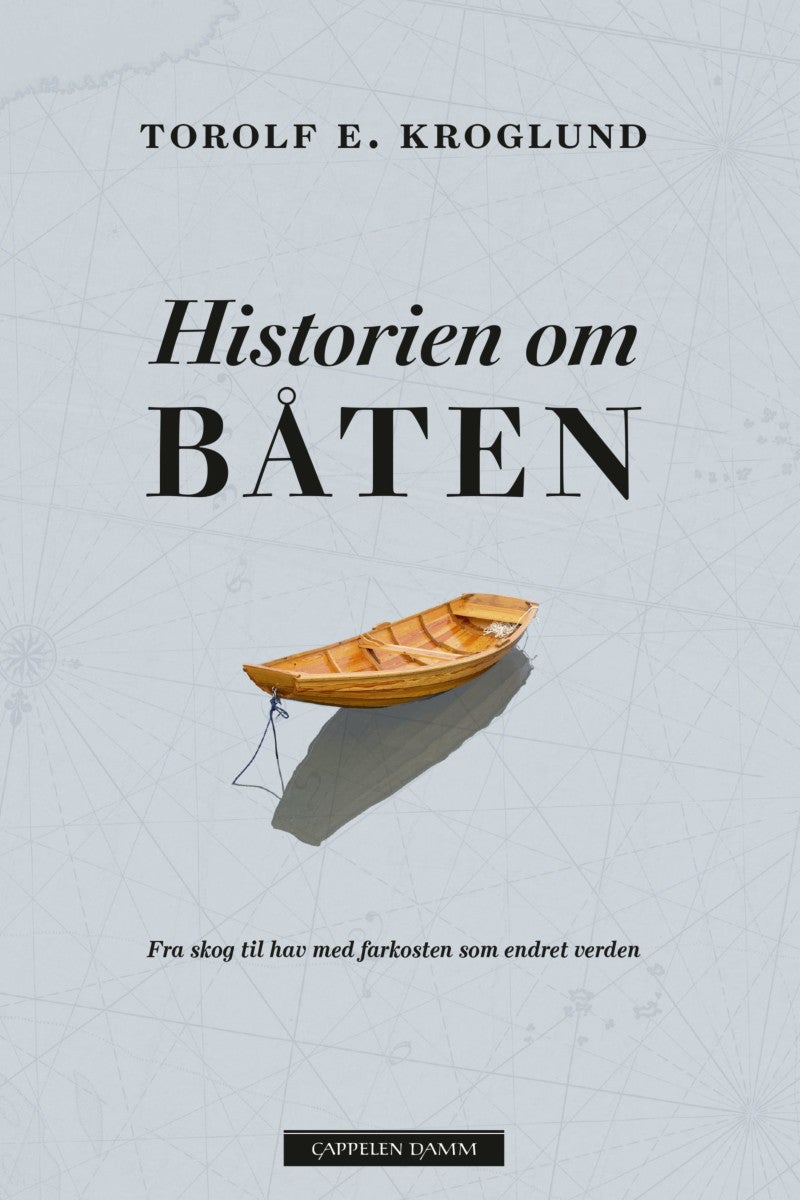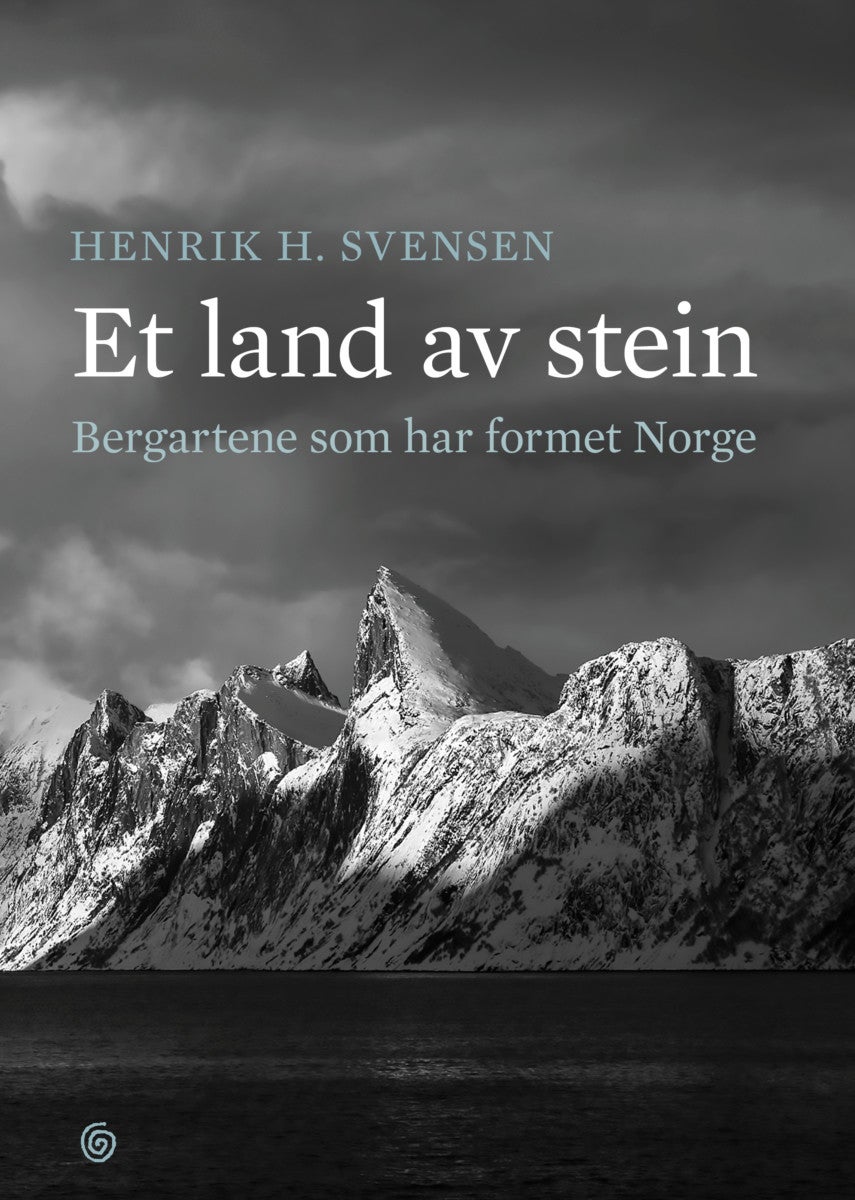
Custom, Law and the Colonial State in Northeast India
1759,-
<p>This volume presents a multidimensional analysis of the current operational law ¿ both constitutional and customary ¿ in Northeast India. It looks at how colonialism redesigned and redefined extant customary practices, leaving a permanent legacy on the legal governance and societal structure of the postcolonial Indian state.</p><p> </p><p>The book interrogates ¿law¿ through a broad spectrum of issues including gender, partition, the legacy of colonial structures, and religion as a form of resistance against land grabbing and censorship. It delineates a distinct historical process of the evolution of law and custom, and focuses on the intimate links between law and the dynamics of state, ethnicity, and governance.</p><p> </p><p>A unique contribution, the book offers new insights into how and why the continuity of colonial law within a democratic framework perpetuates deep rooted problems in governance and the psyche of the people. It will be indispensable for students and researchers








